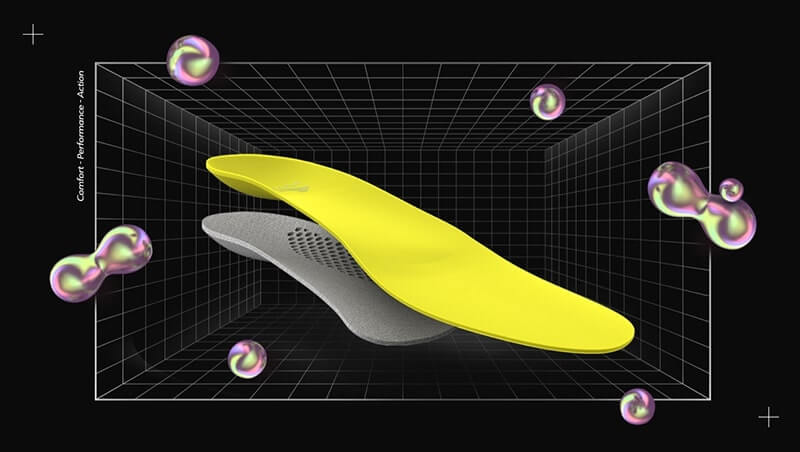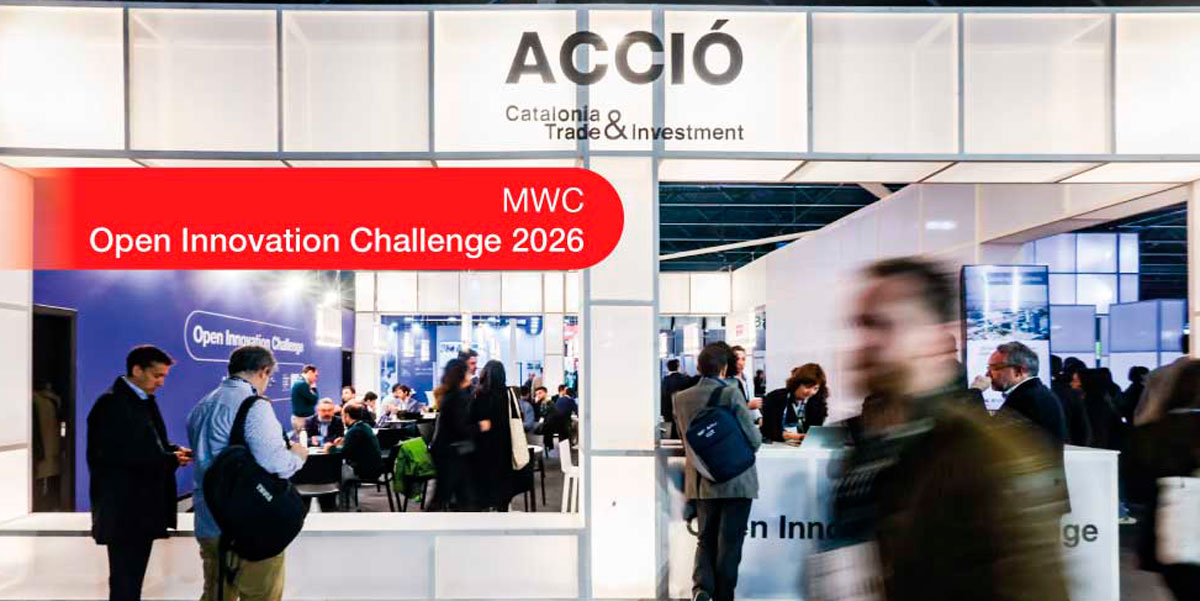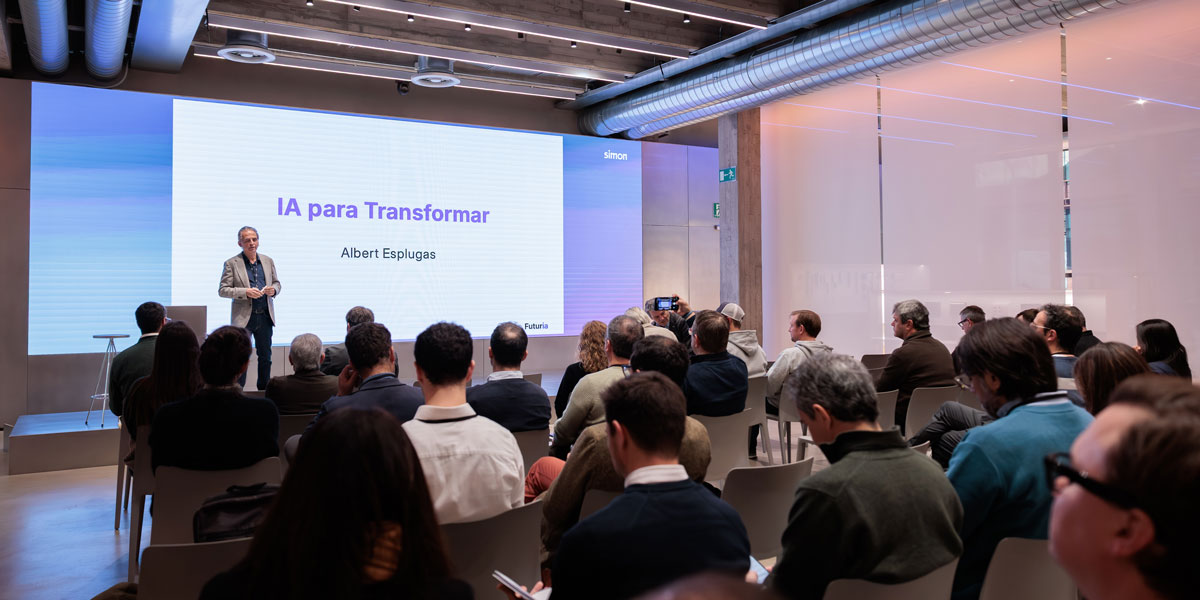“Innovation must have impact by definition”. We speak to Jordi Arderiu, Product Development Manager at SIMON.
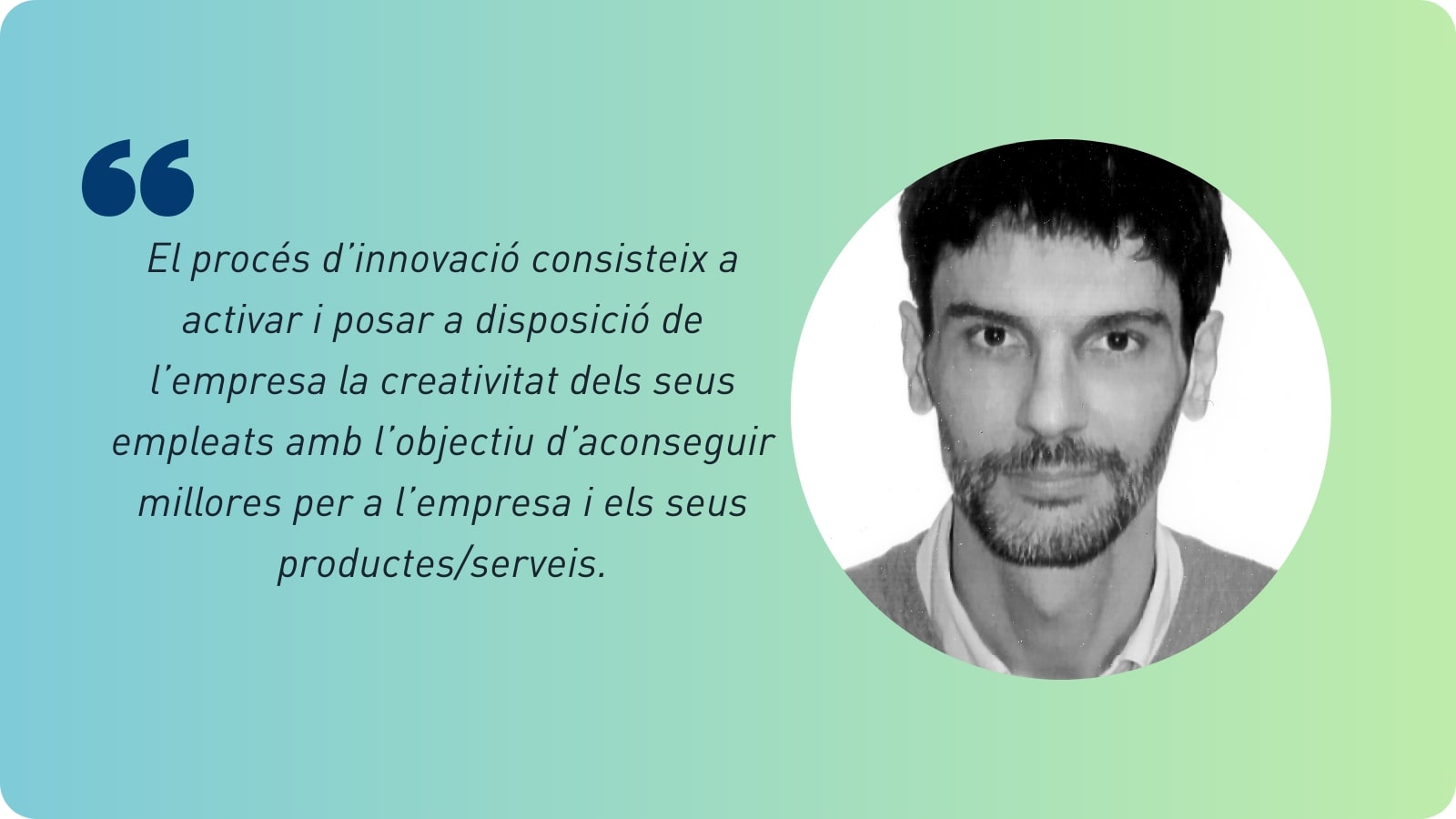
Simon is a renowned multinational company, leader in the design, manufacture and commercialisation of electrical material, characterised by its commitment to business diversification, from electrical mechanisms or control and lighting systems to electric vehicle charging systems.
In its more than 100 years in the market, Simón’s success lies in its firm commitment to innovation and its commitment to the environment. In addition, it has adopted a strategy of constant digital transformation both in its traditional line of business and in the development of new products.
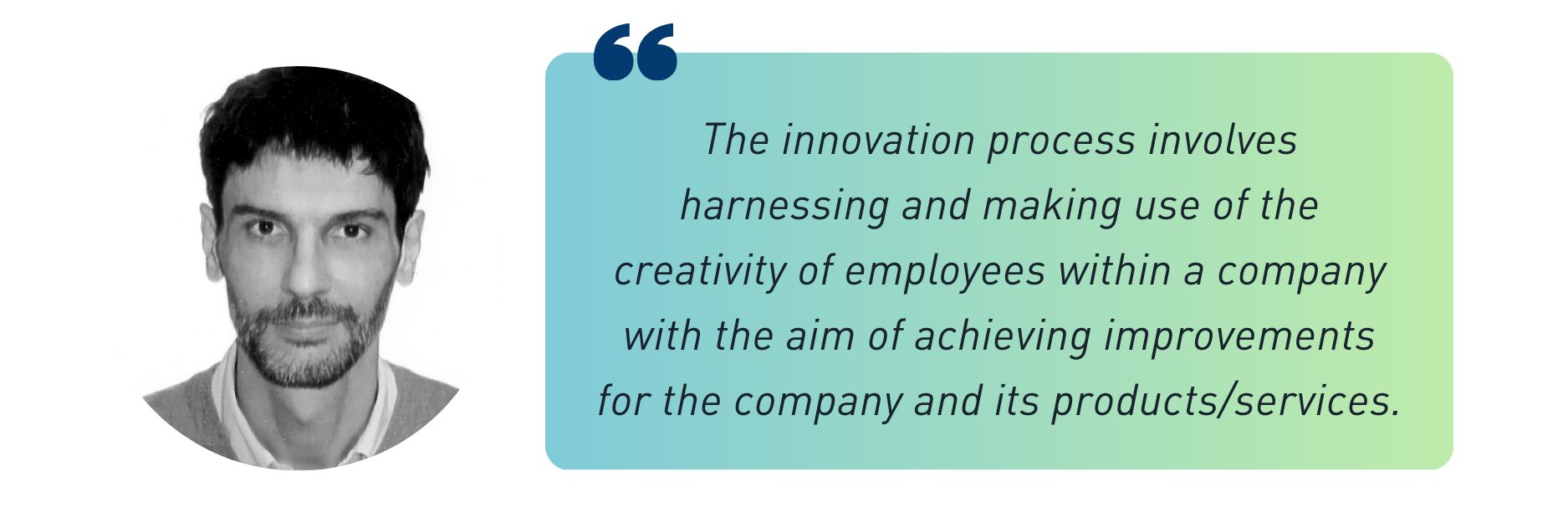
Jordi Arderiu, the company’s EMEA Product Development Director, has played a key role in this transformation process. Below, Jordi Arderiu shares his views on what innovation must be like to have an impact, how to apply it in companies and what role he sees innovation playing in a more sustainable future.
Innovation can have a very broad definition that takes – according to each person/entity – different scopes and dimensions. What is innovation for you?
Innovation is the result of a human process that leads to the improvement of an existing solution (product, service or process) whose value is recognised by the market.
Therefore, the innovation process consists of activating and making available to the company the creativity of its employees with the aim of achieving improvements for the company and its products/services.
How do you apply innovation in your daily life and in your work/company?
The first necessary element to be able to innovate within the company is to have access to relevant information in order to assimilate it and thus convert it into company knowledge. Therefore, people must have access to sources of information and must dedicate time to assimilate it.
The second necessary element is autonomy and motivation on the part of people to integrate information and rethink all existing solutions. The culture of the company has a strong influence on the innovative behaviour of the people who work in it, so the innovative capacity of the teams must be measured (KPI’s) and continuous improvement must be promoted. This also means that people must have the peace of mind to be able to make mistakes without being reprimanded.
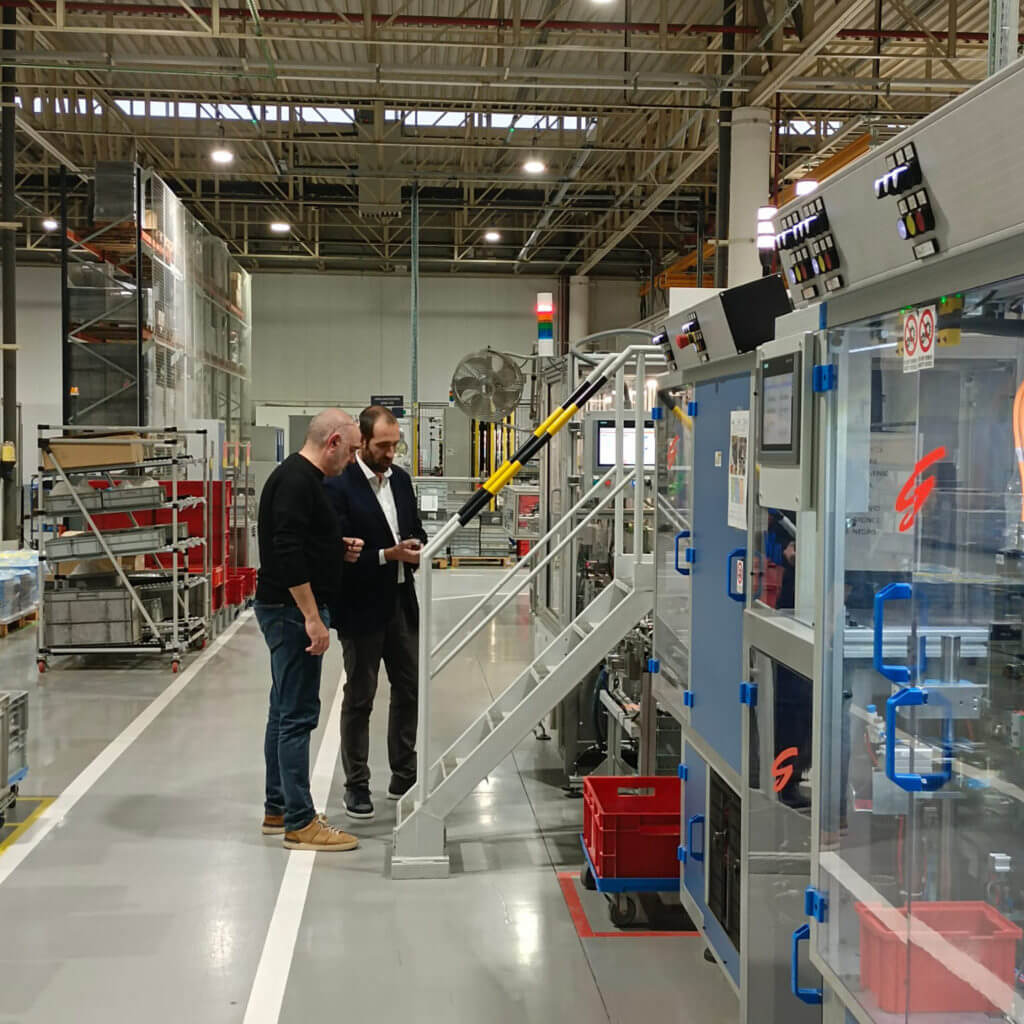
The third element, once an innovative solution has been found, is to contrast it with the rest of the company’s teams and with potential users (use test, market test). It is always necessary to contrast the proposal with “reality” to ensure that the proposed innovation provides value and does not generate unexpected handicaps.
“The first element necessary to be able to innovate within the company is to have access to information. People must have access to sources of information and must take the time to assimilate it”
Why do you think collaborative innovation is important?
Ideas are like living beings, they are born with a certain potential, but it is through socialisation that they are improved, perfected and acquire their maximum development. Information and knowledge are transmitted more efficiently between people than through “physical media” and, in particular, knowledge is acquired through practice and development in teams by imitation and exchange of ideas.
Companies must therefore encourage collaboration among their employees, as well as with the surrounding environment (universities, technology centres, suppliers, associations, etc.).
What should innovation look like to have impact?
Innovation must have impact by definition. The impact of innovation in a company must be translated into higher revenues or lower costs. In addition, the impact of innovation must be aligned with the company’s purpose. For example, in Simon’s case, product innovations must improve people’s quality of life.

“The impact of innovation must be aligned with the company’s purpose. For example, in Simon’s case, product innovations must improve people’s quality of life.”
How do you imagine the future of the industrial ecosystem?
I think that industrial companies will tend to interact more with companies located in their own territory.
On the one hand, because there could be a process of “regionalisation” of suppliers to shorten and simplify supply chains in the face of growing geopolitical uncertainty.
On the other hand, the increasing complexity of products and services generates dependencies between complementary companies that will probably lead them to prioritise relationships with nearby companies, whose social, cultural and legal environments are similar.
How do you think organisations should adapt to Industry 4.0?
I believe that the processes of change in industry should be gradual and constant, starting with small incremental changes that allow us to absorb the advantages that 4.0 technologies bring. It is also very interesting to be able to share experiences and best practices with other companies.
How can innovation contribute to a more sustainable and environmentally responsible industry?
Innovation should enable more efficient processes where no or as little waste as possible is generated, as is the case in nature where all by-products of a process are actually the basis for a new process.
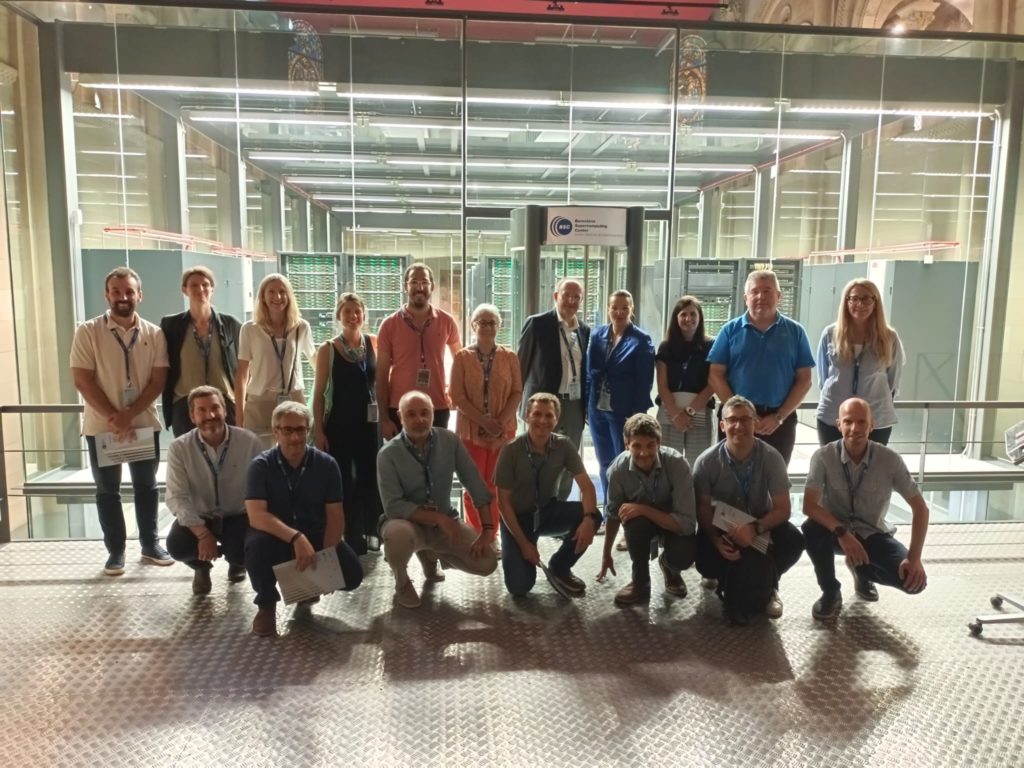
What is INDPULS for you?
A forum to share, interact, debate and find common interests with other companies.
INDPULS can be the embryo of future collaborations.


